
collections
-
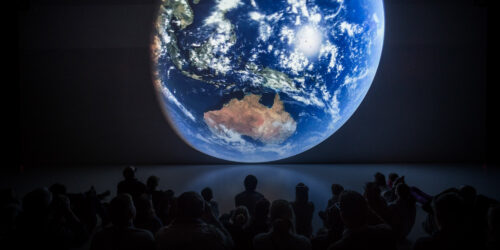
Deep Space 8K: Planet B
In the last centuries, we energy-hungry human beings have mainly relied on energy sources such as coal, natural gas or oil. But we have been feeling the negative effects on our climate for a long time.
-
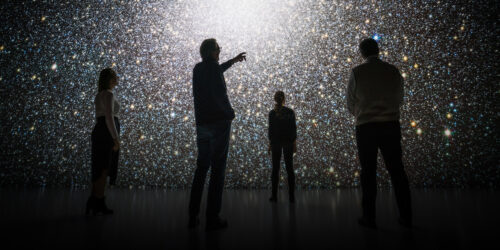
Deep Space 8K: Astronomy
The night sky has always fascinated mankind — when have you last looked at the stars? Thanks to the architecture of the Deep Space 8K far galaxies come close enough to grasp.
-
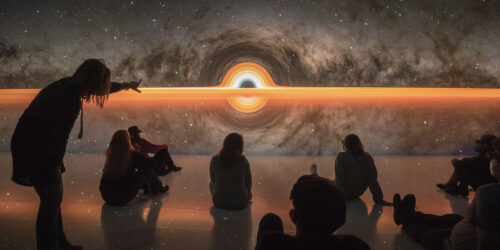
Deep Space 8K
Three visually stunning dimensions, 50 million pixel resolution and a high-performance laser tracking system make the Ars Electronica’s Deep Space 8K one of the most interesting digital experience spaces in the world. Experience a completely new dimension of virtual reality on its 16 x 9 meter wall projection and an equally large floor projection.
-
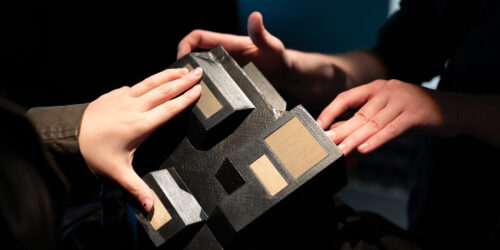
TIME OUT .12
Young artists from the “Time-based and Interactive Media Art” course at the University of Art and Design Linz present their work.
-
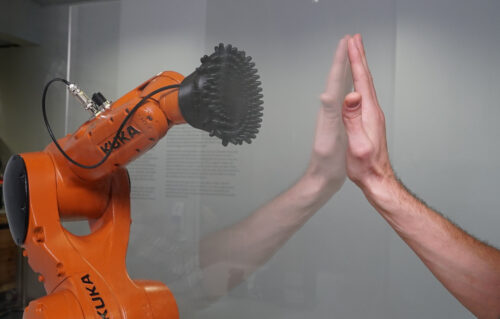
Me and the Machines
Do you trust machines? Does your robot vacuum cleaner already have a name? Alternating works, curated by the scientific team of the Robopsychology Lab at the JKU Linz, invite you to join in the research, try things out and reflect on how we deal with technology.
-
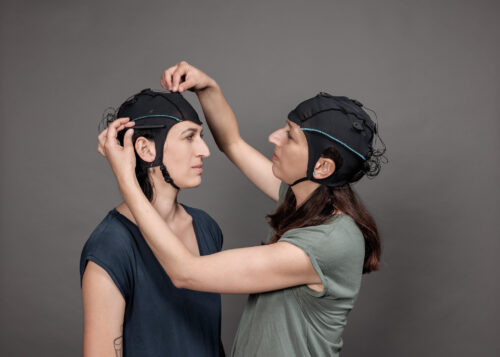
Neuro Bionic
Connections between biological systems and artificial technologies help us to better understand the functions of our brain. The brain-computer interface has the potential to improve the rehabilitation of neurological patients.
-
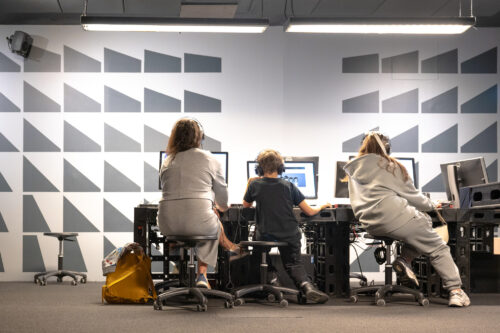
Open Sound Studio
Try out digital music production tools for yourself and gain experience in new worlds of sound. The Open Sound Studio is the best place to do this.
-
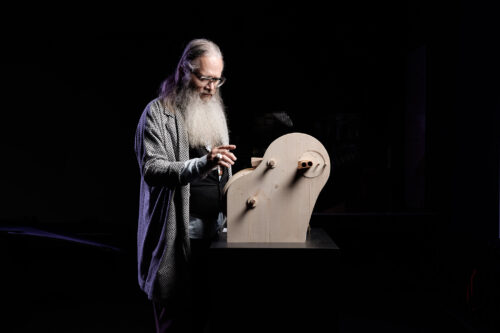
AIxMusic
AI x Music is an exhibition about the encounter between Artificial Intelligence and music, as well as human creativity and technical perfection.
-
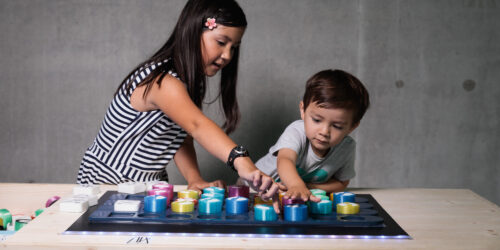
Kids’ Research Laboratory
Young visitors have time and space to play and discover in our Kids’ Research Laboratory. Whether digital, analog, natural or artificial – for children, the world is a single laboratory in which every moment can become an experiment and every path a journey of discovery.
-
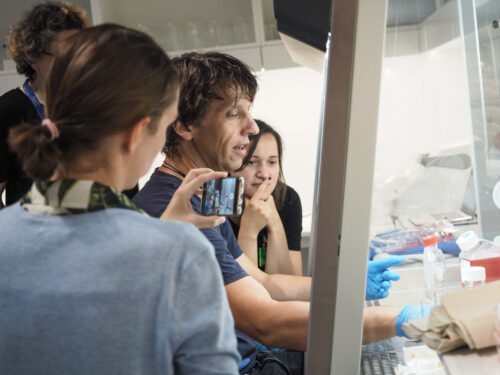
BioLab
In the BioLab, the focus is on the human organism and the processes of life taking place on the cellular and molecular levels. Current scientific methods allow us not only to observe biological processes and make them visible, but also to intervene in them in many ways.